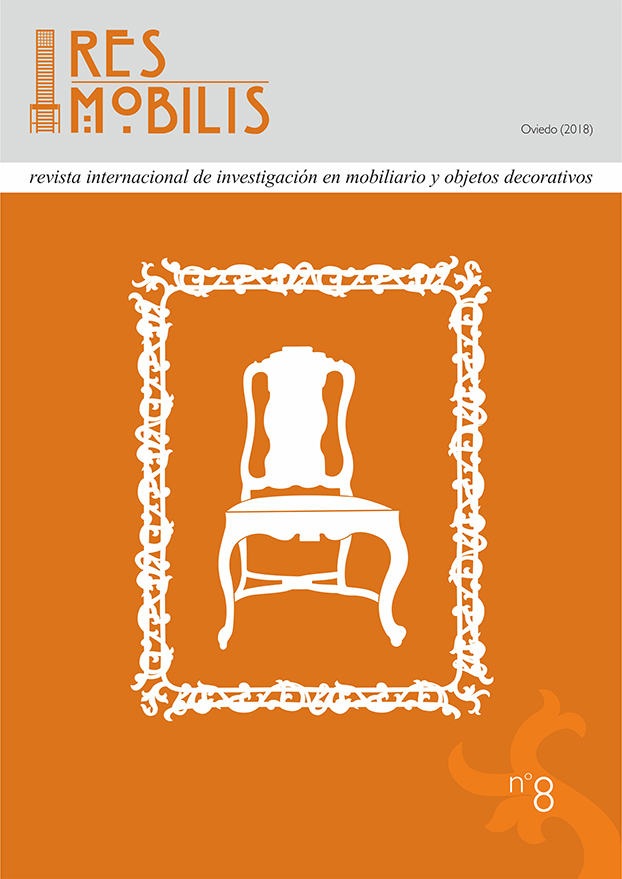Abstract
Little by little the rooms of the art collection of Mrs. Núria Pla open to the public. They assemble antic furniture, mainly Spanish of the Modern Age. This magnificent news forces us to reflect on what it means to devote the life to a passion that is lived in silence, but which, now, in sight, reveals the ideals, interests and tastes of its owner. We are interested in entering the collection, not only because we share the interest in the furniture, but also because of the exceptionality of the selection, which is preserved in a singular building, where she placed the Works of art herself. Currently, the responsible foundation has the challenge of restoring the building of A. Florensa and making public the two facets that took place inside: the art collection and the laboratory Ravetllat Pla that was fighting against pulmonary affections and tuberculosis.
References
BASSEGODA, Bonaventura, Mestres del dibuix català i valencià, Artur Ramon, 2009.
AGUILÓ, M. Paz, “¿Regalos virreinales? A propósito de un mueble napolitano de 1609”, en Archivo Español de Arte, LXXIX, 316, octubre-diciembre, 2006, p. 403-425.
PIERA, Mónica, El mueble en Cataluña. El espacio doméstico del gótico al modernismo, Angle editorial.
PIERA, Mónica, La calaixera o cómoda catalana y sus variantes tipológicas en el siglo XVIII, departamento de Historia del arte, Universidad de Barcelona, 2002, (Tesis doctoral).
ALARCIA, Miquel Angel, “La Col•lecció Núria Pla Montseny de la Fundació Ramon Pla Armengol” en Mercat de l’Art, col•leccionisme i museus. Estudis sobre el patrimoni artístic a Catalunya als segles XIX i XX, p. 13-23.
PRAZ, Mario, La casa de la vida, edición en castellano Random House Mondadori, 2004.
LUGO, Sara, Ciencia, industria e ideología en la Cataluña del siglo XX. El Instituto Ravetllat-Pla (1919-1939), Centre d’Història de la Ciència, Facultat de Medicina, Universitat Autònoma de Barcelona, Bellaterra, 2011.

